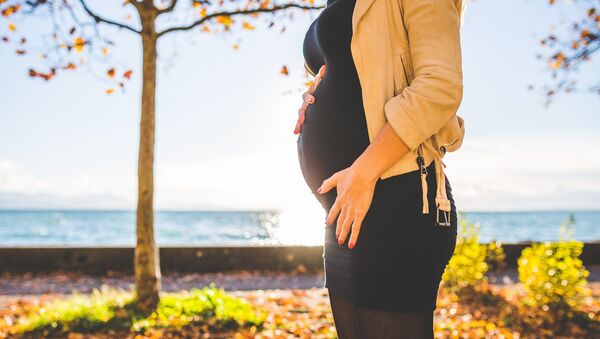According to the study, published in the journal Molecular Psychiatry, a fever of 99 degrees Fahrenheit or more, at any time during pregnancy, means a 34-percent higher risk of autism, while fever in the second trimester increases the risk by 40 percent.
"This study, using a large, well-characterized sample, confirms the association between fever and risk for [ASD]," said Thomas Frazier, chief science officer for Autism Speaks.
"The research also clarifies that the relationship is strongest in the second trimester."
Moms who took ibuprofen to counter infections did not have a higher rate of children with autism. However, the number of those women was not big enough for the researchers to draw any specific conclusions about the medication's effect.
"Future work should focus on identifying and preventing prenatal infections and inflammatory responses that may contribute to autism spectrum disorder," said senior author W. Ian Lipkin, John Snow Professor of Epidemiology and director of the Center for Infection and Immunity, in a statement.




